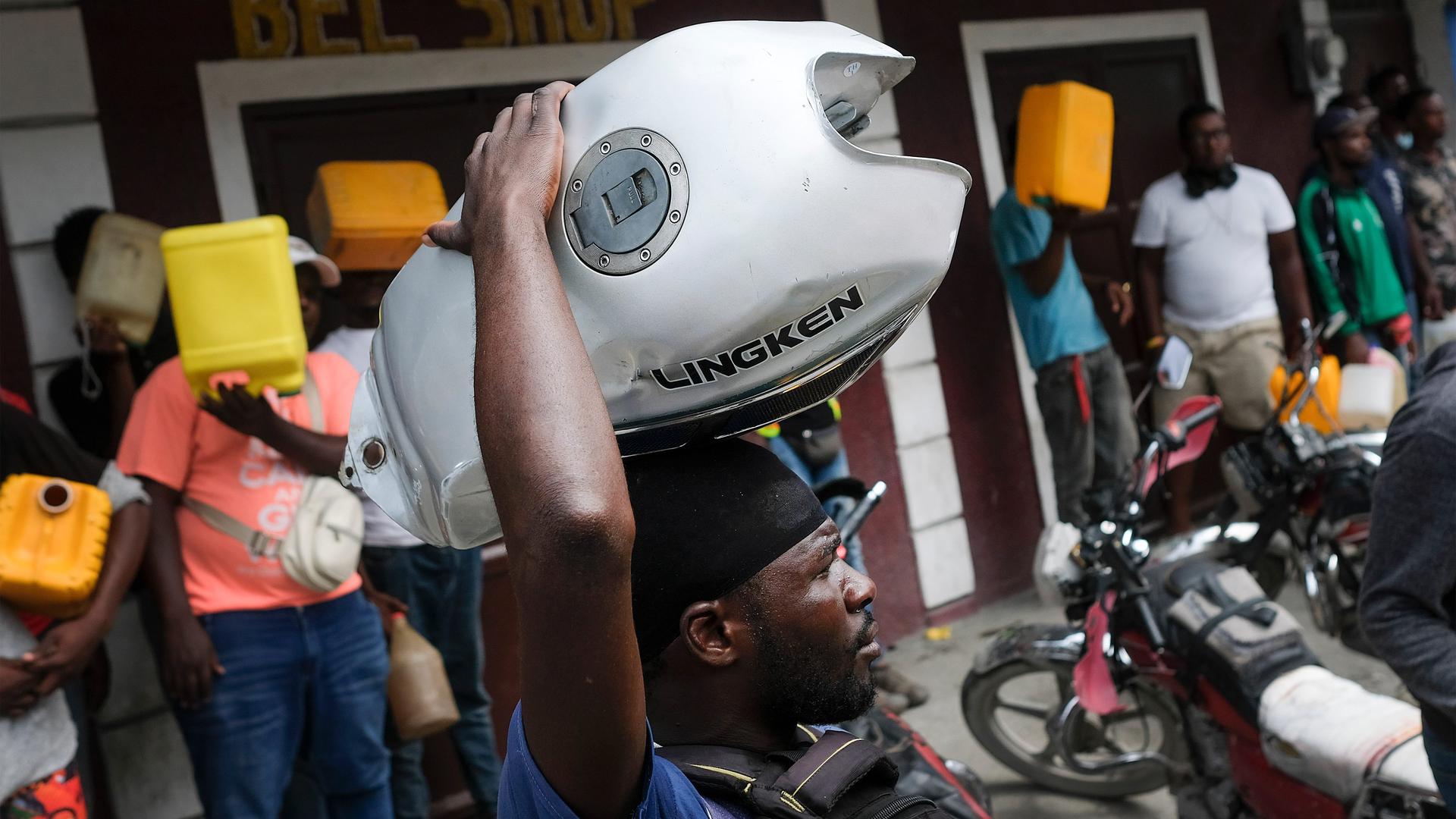Haiti’s rival gangs hold a firm grip on fuel supply, testing life at every level
At one gas station in Haiti’s capital, Port-au-Prince, this week, a large crowd gathered around pumps, hoping for fuel delivery.
Some people sat and waited, holding empty yellow jugs. It was hot and humid and tense.
Haiti is running out of gas — which is being called “liquid gold.”
Related: Thousands of Haitians trying to reach the US are in limbo in Tapachula in southern Mexico
Gangs are blockading fuel supplies at the ports, which are located in areas they control. It’s a display of force in a country still reeling from the assassination of Haiti’s President Jovenel Moïse in July. The shortages are testing life at many levels.
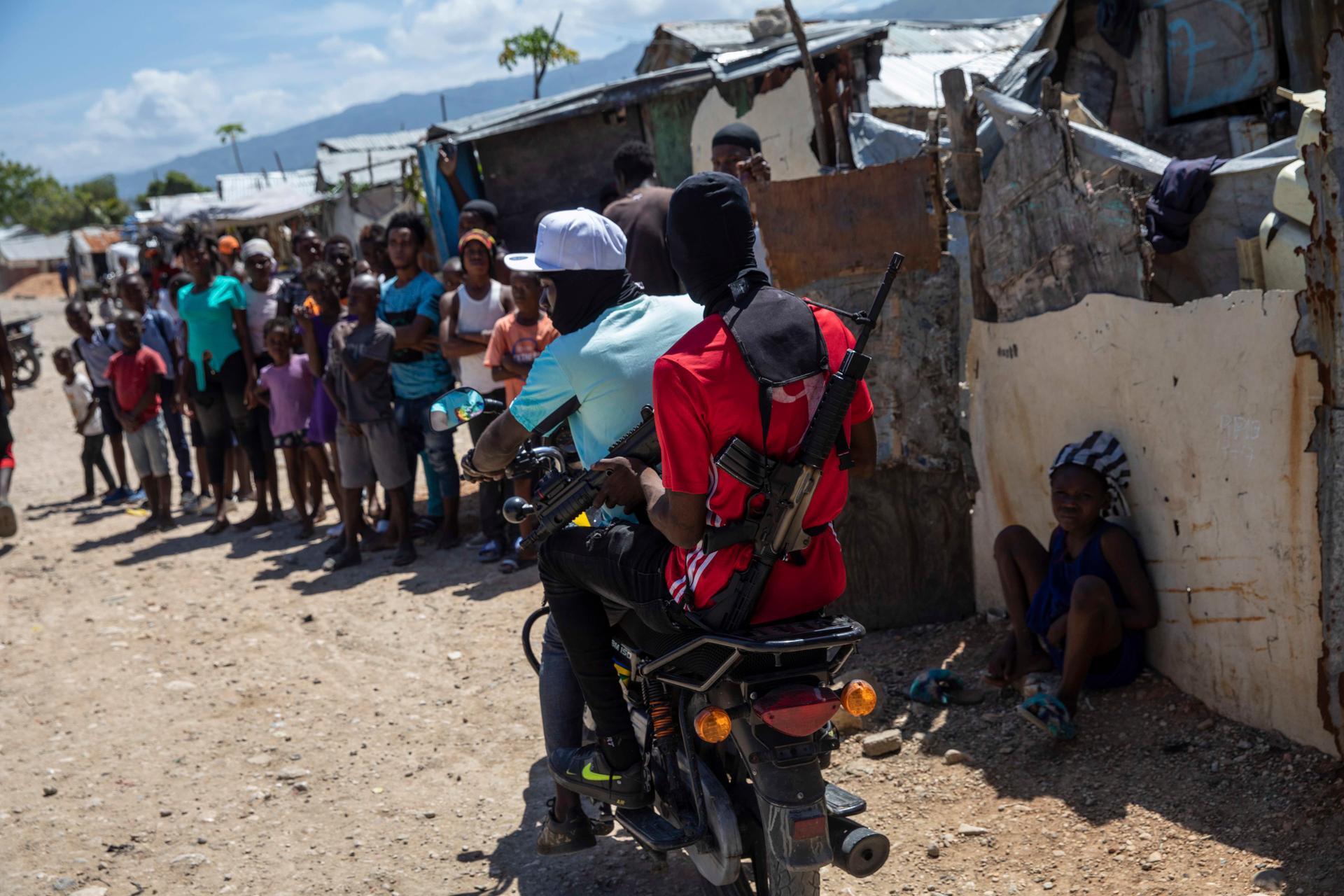
This past week, Jimmy Cherizier, leader of the G9 gang coalition based in Port-au-Prince tweeted he would only release his grip on fuel deliveries if Haiti’s interim prime minister resigns.
So far, Haitian officials are saying little about how they will resolve this crisis.
Fuel truck drivers — and bus and taxi drivers — are fed up and have gone on strike in recent days. They say they refuse to venture through gang territory and risk getting hijacked or kidnapped by groups like the one that took the US and Canadian missionaries hostage this past month.
Related: Writer Edwidge Danticat describes how Haitians respond in times of deep crisis
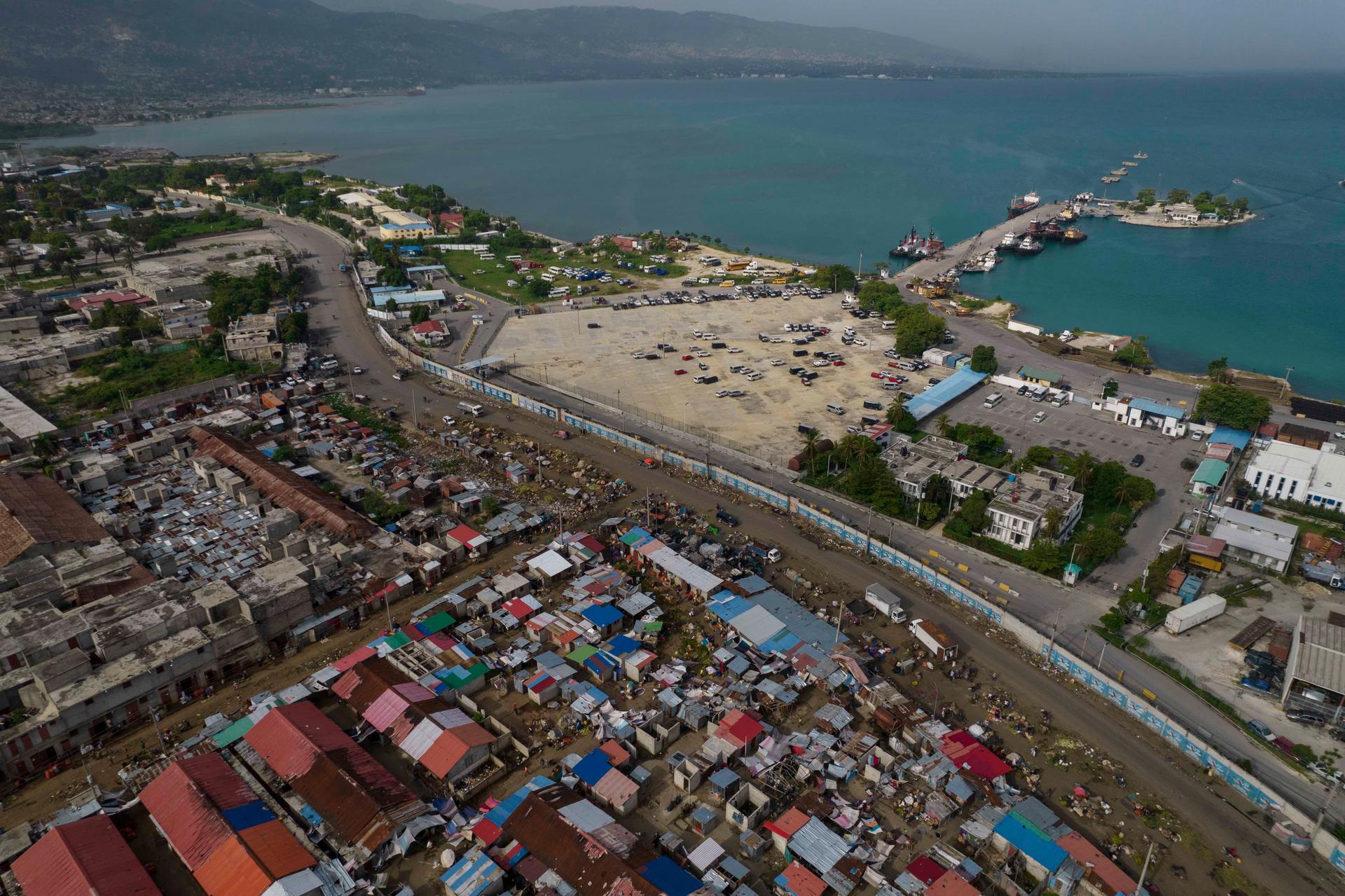
At a gas station in Les Cayes, in Haiti’s southern peninsula, an armed security guard, Jérémie, stood watch.
He asked to use his first name only because he didn’t have permission to speak to The World.
Jérémie said he feels overwhelmed. Once, the police came to help, and fired some shots in the air when the crowd got too big, he said. That didn’t solve anything, he added.
“My dad is a taxi driver and is stuck at home. He can’t get gas so he can’t work.”
The fuel shortages are testing his own family, he said. “My dad is a taxi driver and is stuck at home. He can’t get gas so he can’t work.”
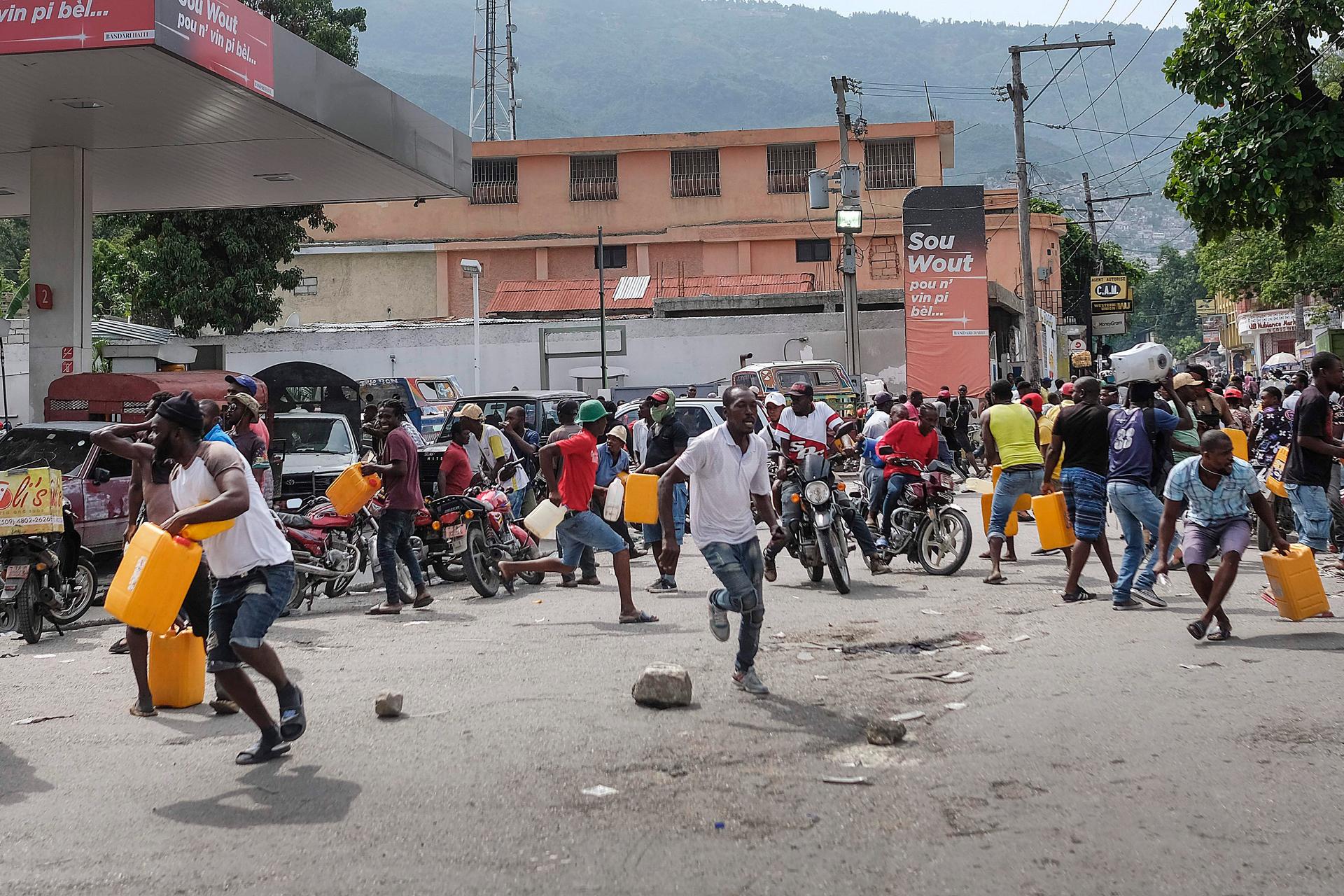
Jérémie said he wants the government to do more but he also thinks officials are outmatched by the gangs.
“Haiti should ask another country for help,” he said.
Related: Tensions over aid grow in Haiti as quake’s deaths pass 2K
Irlene Devereux took advantage of the crowds and the heat to sell shaved ice drenched with cherry and passionfruit syrup, but she too was depending on gas.
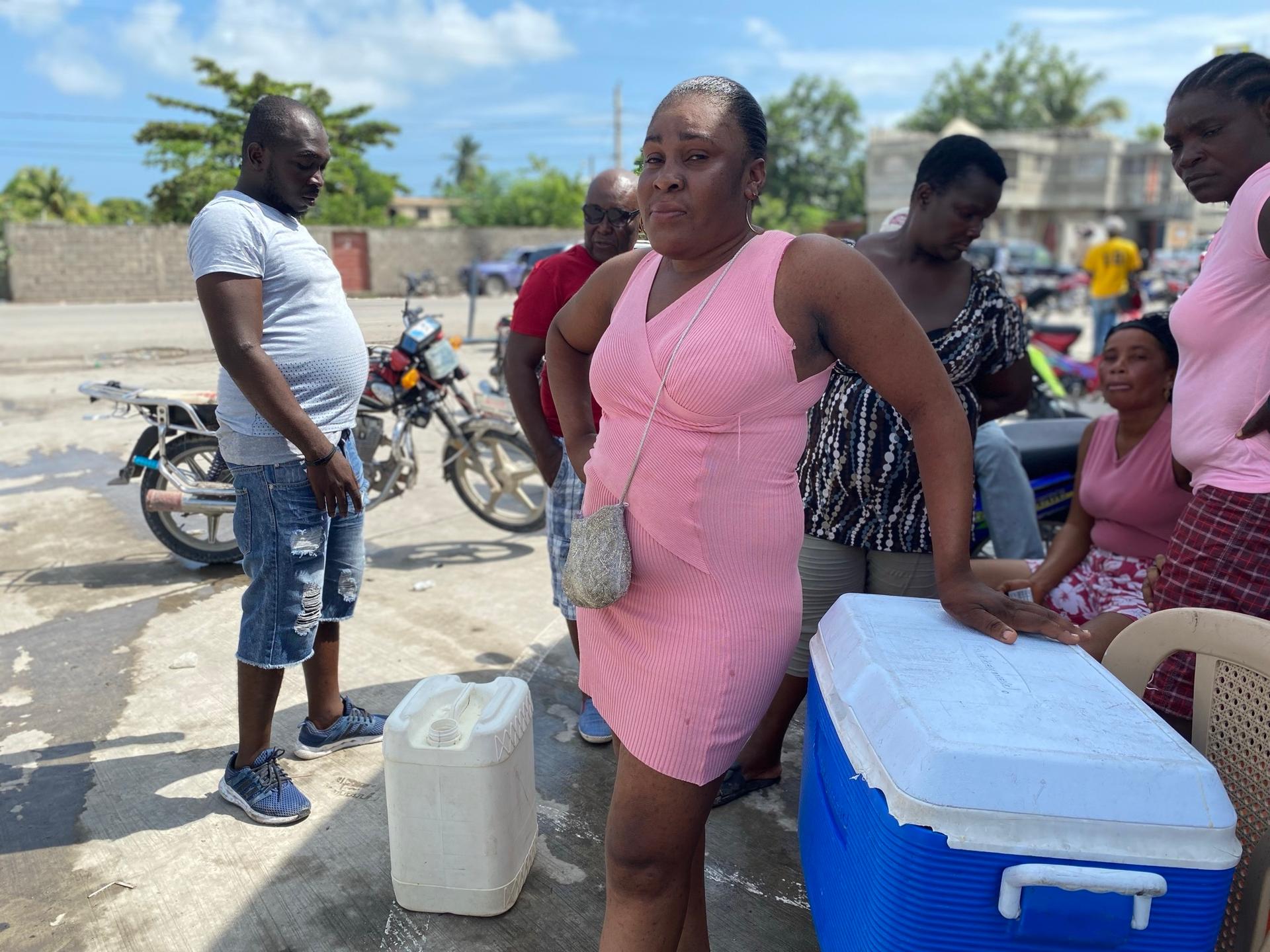
Devereux had to take a cab there to haul her heavy cooler of ice and was not sure if she would be able to get around and keep doing business. At stake is one of her family’s main sources of income.
The shortages are also putting people’s lives at risk. Many Haitian hospitals depend on power generators to keep the lights on and oxygen tanks running. Now, some hospitals may have to close entirely. Insecurity and the fuel crisis have also hampered efforts to provide humanitarian aid to southwestern Haiti, where a massive and deadly earthquake struck on Aug. 14.
Related: Lakou Mizik’s new album highlights Haiti’s creative spirit
“It’s impossible to plan at this moment because we are planning day by day.”
“It’s impossible to plan at this moment because we are planning day by day,” said Susanna Balbo, chief of child protection at UNICEF, the UN’s child agency.
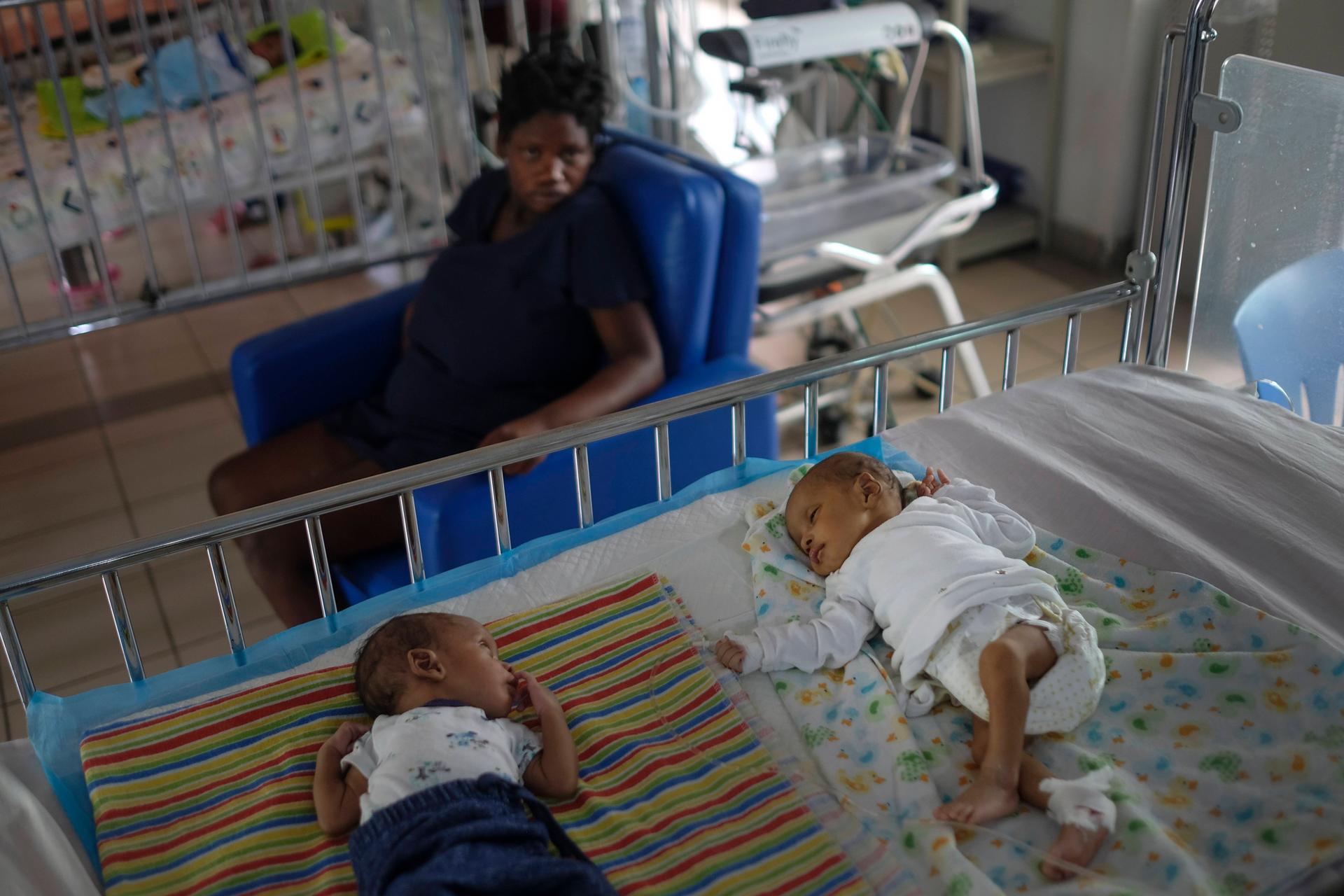
UNICEF has been trying to secure contracts with local supplies in order to get fuel to hospitals. One provider backed out of the agreement, however, citing security concerns. Balbo worries about the people who are not getting medical care.
“All the people that are sick who may need to go to the hospitals, all the children that are in pain. So, this is really affecting everyone,” she said.
Our coverage reaches millions each week, but only a small fraction of listeners contribute to sustain our program. We still need 224 more people to donate $100 or $10/monthly to unlock our $67,000 match. Will you help us get there today?
